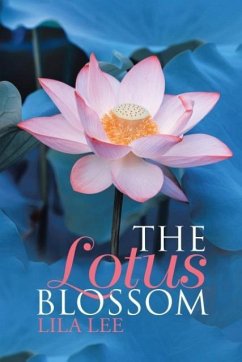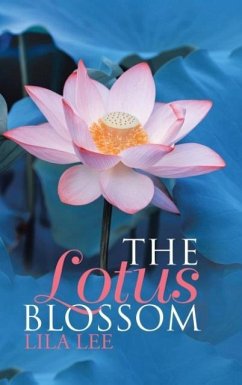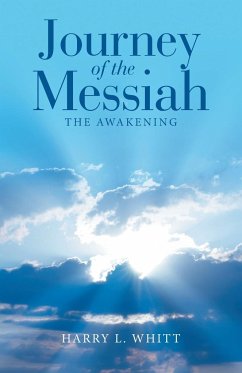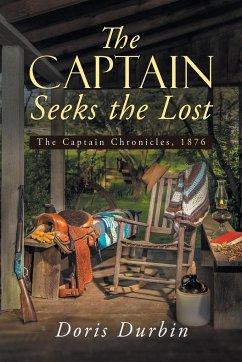Louise Farrell was homesick. She had seen hundreds of examples of ancient architecture, mosques, and Hindu shrines. She was bone-tired and irritable, tired of the culture, the filth and poverty, the red dirt piled about everywhere, the crowds of humanity, and the odor of chapattis being baked over cow dung fires. Truth be said, she was eager to return to the clean, wide-open spaces of the Flint Hills of Kansas. Although her husband Richard had been told that no one could capture the essence of India in the written word, he had notebooks filled with his impressions of the history, the Vedic literature, the agriculture, the hundreds of dialects of the Hindi language, the political turmoil, and the warring religions of the country. How did it happen that a basketball coach and mediocre teacher of history from the Midwest wound up in India after one of the countless famines that had struck the country, this one more severe than others because of the rice crop which failed in Bengal after independence and partition? The United States sent aid to this fledgling democracy, of course. The problem was this: India could not repay its debts except in rupees. What was the United States to do with hundreds of millions of rupees that could only be spent in India, one of the poorest countries on the face of the earth? Senator Fulbright came up with the solution. The United States would send teachers to India to study and spend those rupees there. And so it was that Richard and Louise Farrell and their daughter Kitty went to India to study and to travel in order to learn about one of the oldest cultures on earth.
Bitte wählen Sie Ihr Anliegen aus.
Rechnungen
Retourenschein anfordern
Bestellstatus
Storno









